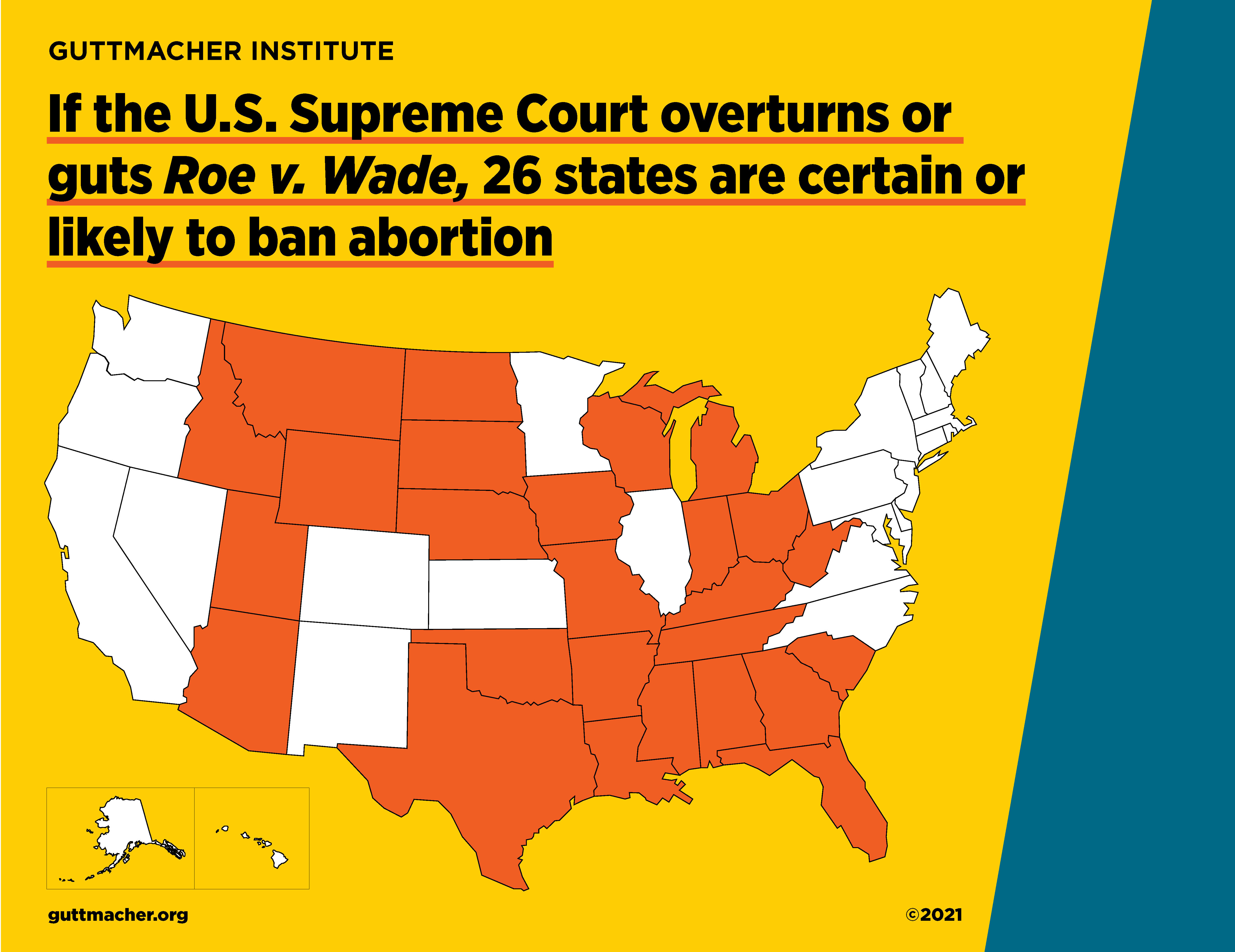The Woman Behind it All: Linda Coffee
We have previously learned about the face of Roe v. Wade, Jane Roe, which was an alias for Norma McCorvey. However, McCorvey was not passionate about the pro-choice movement, she was simply a woman who wanted to terminate a pregnancy. She became the face of the precedent-setting case out of pure circumstance. However, two women stood behind McCorvey throughout the hearings and testimonies: her lawyers, Linda Coffee and Sarah Weddington.
Most people know of Sarah Weddington, who went on to be vital in the women’s rights movement. She was the White House Director of Political Affairs for Jimmy Carter, served on the Texas House of Representatives, and was a professor at the Texas Women’s University and the University of Texas. However, Linda Coffee led a more quiet life out of the public eye. Regardless, she was the woman who pursued Roe v. Wade and changed the constitutional protection of abortion for over 50 years.
Linda Coffee was born on December 25, 1942, and has spent most of her life in Texas. She received a bachelor’s degree in German from Rice University, then got her law degree at the University of Texas. Pre-Roe v. Wade, Coffee did research for the Texas Legislative Council, then was personally asked to clerk for Federal Judge Sarah Hughes.
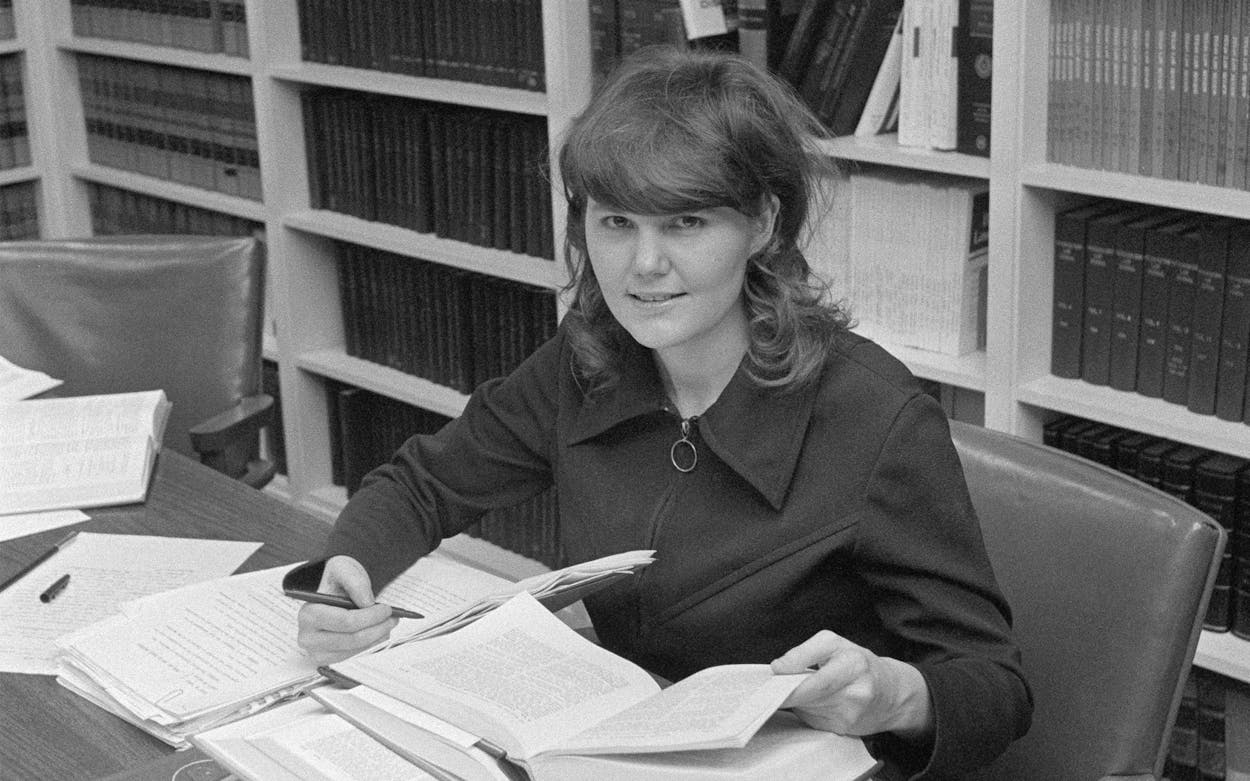
After using Griswold v. Connecticut, a ruling on access to contraception that established the right to privacy, to argue “that Texas’ sodomy laws violated that established right to privacy,” she began to develop an argument that challenged Texas abortion laws. She needed a plaintiff to fight for, which is when she found Norma McCorvey.
She reached out to Sarah Weddington, another University of Texas Law School Graduate, to co-council this case with her. Coffee filed the original lawsuit on March 3, 1970, with no idea how far the case would go. In December 1971, they argued before the court, then reargued in January 1973 after two open court seats were filled. Regardless, she won in a 7-2 ruling.
Coffee turned from the spotlight after the victory in Roe v. Wade and became a bankruptcy lawyer. She also played center on one of the teams in the National Women’s Football League. In 1980, she used a pseudonym to meet a woman Rebecca Hartt at a Mexican restaurant. Hartt began to talk about listening to Sarah Weddington speak at the National Organization of Women conference, which is how she found out her date was the other woman in the victorious case.
Today, Coffee and Hartt have been together for over forty years. They moved from Dallas to Mineola, Texas. After the overturning of Roe v. Wade, Coffee asked, “What other freedoms will Americans see retracted if the right to privacy ends in America? We must think fast and deeply about what it means to undermine this and any right guaranteed by the U.S. Constitution — before it’s too late.”
Even though Coffee’s biggest victory was overruled, she started the movement to give women federal access to abortion. Even if her name isn’t as commonly known as Weddington’s, she is still one of the most prominent women in the abortion movement.
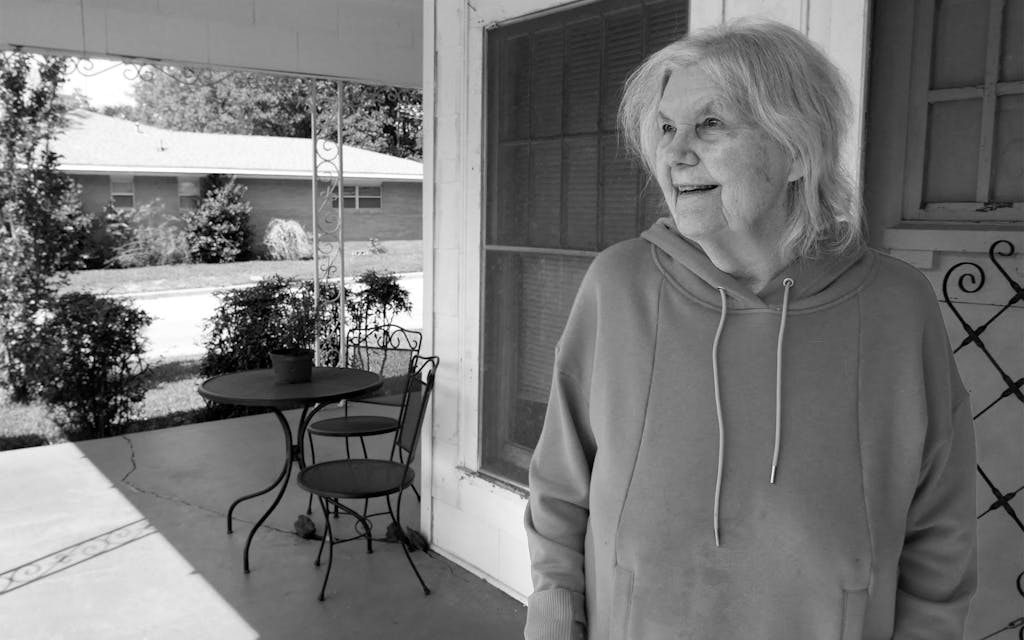
And that is all for Roe and Us!
Signing off,
Isabelle Ems
How the Overturning of Roe v. Wade Can Affect Mothers Facing Infertility
When thinking about groups of women who are affected by the overturning of Roe v. Wade, one group rarely comes to mind: women who suffer from infertility.
However, these women have their own fears when thinking about the overruling of Roe v. Wade. While most people think about the elimination of terminating a pregnancy, these women worry about their ability to get pregnant. This is being assisted reproductive technologies can be affected by certain laws that emerge from banning abortions.
A type of assisted productive technology that is commonly used to help women facing infertility is called IVF, or in-vitro fertilization. The Mayo Clinic describes IVF as a process in which “mature eggs are collected from ovaries and fertilized by sperm in a lab. Then the fertilized egg or eggs are transferred to a uterus.” However, the overturning of Roe v. Wade can affect the availability of this reproductive process.
:max_bytes(150000):strip_icc():format(webp)/understanding-ivf-treatment-step-by-step-1960200_color3-5b84208dc9e77c0050b1f5f5.png)
There have been attempts in which states tried to pass laws that declare personhood for embryos as soon as an egg is fertilized. Verywell Family, a review board of board-certified physicians and family health experts, states, “These personhood bills could inadvertently limit common IVF practices and procedures, such as testing embryos for genetic abnormalities before transfer.” These bills can ultimately make IVF more expensive, more difficult, and illegal in some cases.
These personhood bills mainly focus on the storage and insertion of these embryos. Since the embryos would have established human life, where the embryos are stored would be deemed unethical. However, discarding the embryos would ultimately be eliminated. Even compassionate transfers could be deemed illegal. These transfers are procedures in which in-vitro fertilized embryos are planted in the women’s reproductive system at an infertile point in the menstrual cycle. Compassionate transfers are not expected to result in a pregnancy and the embryo will perish.
Since the overturning of Roe v. Wade transfers the abortion laws to the states, it depends on how the lawmakers of the states define when life begins. The Guttmacher Institute expects 26 states to ban abortions, including Texas, Florida, and Alabama. Half of the states in America will have laws that state that life begins at conception. These states will ultimately create personhood laws that are triggered from these abortion bans.
A Map of the 26 States Expected to Ban Abortions
So, Roe v. Wade does not just affect the termination of pregnancies, but also the creation of them. While most people only focus on abortions, there is a large group of women who will be unable to start or add to their families because of the laws that affect assisted productive technology.
Roe v. Wade is much more than a court case that decides the fate of abortions.
It decides the fate of birth control.
It decides the fate of families.
It decides the fate of health care.
Who is Norma McCorvey?
Almost all Americans know who Jane Roe is, the appellant in the notorious case of Roe v. Wade. However, most citizens could not tell you who Norma McCorvey is.
Norma McCorvey, who underwent the alias of Jane Roe to protect her identity in the Roe v. Wade case, was known as a plaintiff in one of the most critical Supreme Court cases this country has ever experienced. Little do most know; her life was much more complex than that 1973 Supreme Court case.
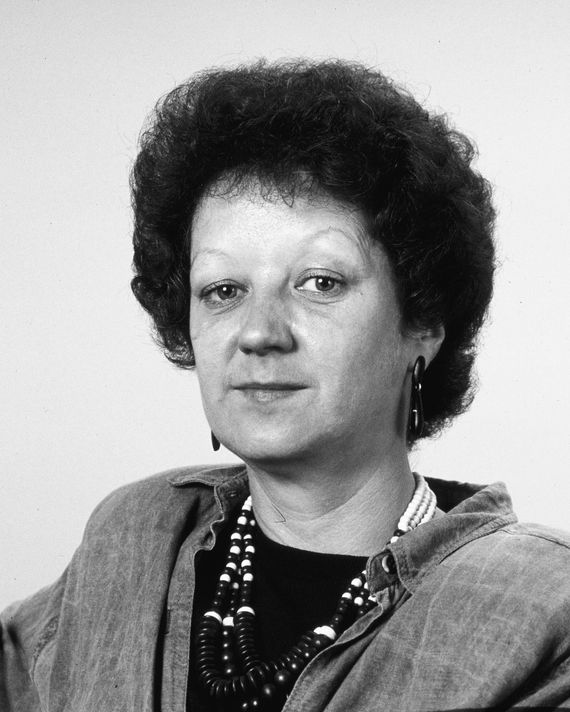
McCorvey was born on September 22, 1947, in Simmesport, Louisiana to Olin Nelson, who left the family when she was 13 years old, and Mary Nelson, a violent drunk. She grew up as a Jehovah’s Witness, but never really connected with the religion. At the age of 10, she found herself in trouble with the law when she robbed a gas station and ran away to Oklahoma City with a friend. McCorvey’s engagement with illicit activities did not end there.
McCorvey became a ward of the state and was sent to a Catholic school, and then the State School for Girls in Gainesville, Texas from ages 11 to 15. McCorvey would actively try to be sent back to the state school because she lived with her mother’s cousin, who would rape her every night.
At age 16, McCorvey married Woody McCorvey and quickly became pregnant with her first child Melissa. She left Woody and developed a drug and alcohol addiction, then began to identify as a lesbian shortly after the birth of Melissa. She gave her mother custody of Melissa and became pregnant with Jennifer, who was put up for adoption.
She got pregnant for a third time and moved to Dallas, Texas. She wanted an abortion, but it was illegal in the state of Texas without a specific cause. Therefore, McCorvey claimed that she was raped by a group of black men, but there was a lack of evidence. She tried to get an illegal abortion, but the clinic was shut down. That is when she was found by Linda Coffee and Sarah Weddington, two lawyers who were trying to access abortions for pregnant women. That was when the three-year trial of Roe v. Wade took place. McCorvey did not attend a single trial and gave birth to the child who was put up for an adoption and became Shelley Lynn Thornton.
In 1994, she released an autobiography called I am Roe. She was baptized as an Evangelical Protestant and then later converted to Catholicism. She worked at an abortion clinic but quit to become an activist for an anti-abortion movement called Operation Rescue. She actually moved for the Supreme Court to overturn Roe v. Wade in 2004, but the case was dismissed in 2005.
McCorvey died on February 18, 2017, at the age of 69 due to heart failure. On her deathbed, she claimed that she was a pawn for the anti-abortion movement and was paid for her alliance by stating, “I was the big fish. I think it was a mutual thing. I took their money and they’d put me out in front of the cameras and tell me what to say. That’s what I’d say. If a young woman wants to have an abortion, that’s no skin off my ass. That’s why they call it choice.”
Norma McCorvey: 1947-2017
Norma McCorvey lived a life of hardship and pain, we should all know her name and share her story.
Rest in Peace, Norma.
The Five Supreme Court Justices Who Overturned Roe v. Wade
On June 28, 2022, five Supreme Court Justices voted to overturn the historic case of Roe v. Wade, which resulted in states being allowed to enforce their own abortion laws. The ruling immediately triggered abortion laws, such as, “performing an abortion is now a felony punishable by up to life in prison in Texas after the state’s trigger law.” The five justices that voted to overturn Roe v. Wade have been trying to reverse the ruling for decades, which is why it is important to learn more about the justices that made one of the most monumental decisions in American history.
Justice Alito has been an associate justice of the Supreme Court since 2006. While as a nominee for the Supreme Court in 2005, Alito told Ted Kennedy, a democratic senator from Massachusetts, that he believed the right to privacy was a “settled” law and that he respected the decision of Roe v. Wade. However, it is clear that Alito turned back on that opinion. At a guest lecture at the Catholic University of America, Alito stated that his Catholic faith influence his work as a judge. He stated, “It’s important to keep in mind that these decisions are not abstract discussions — they have real impact on the world.”
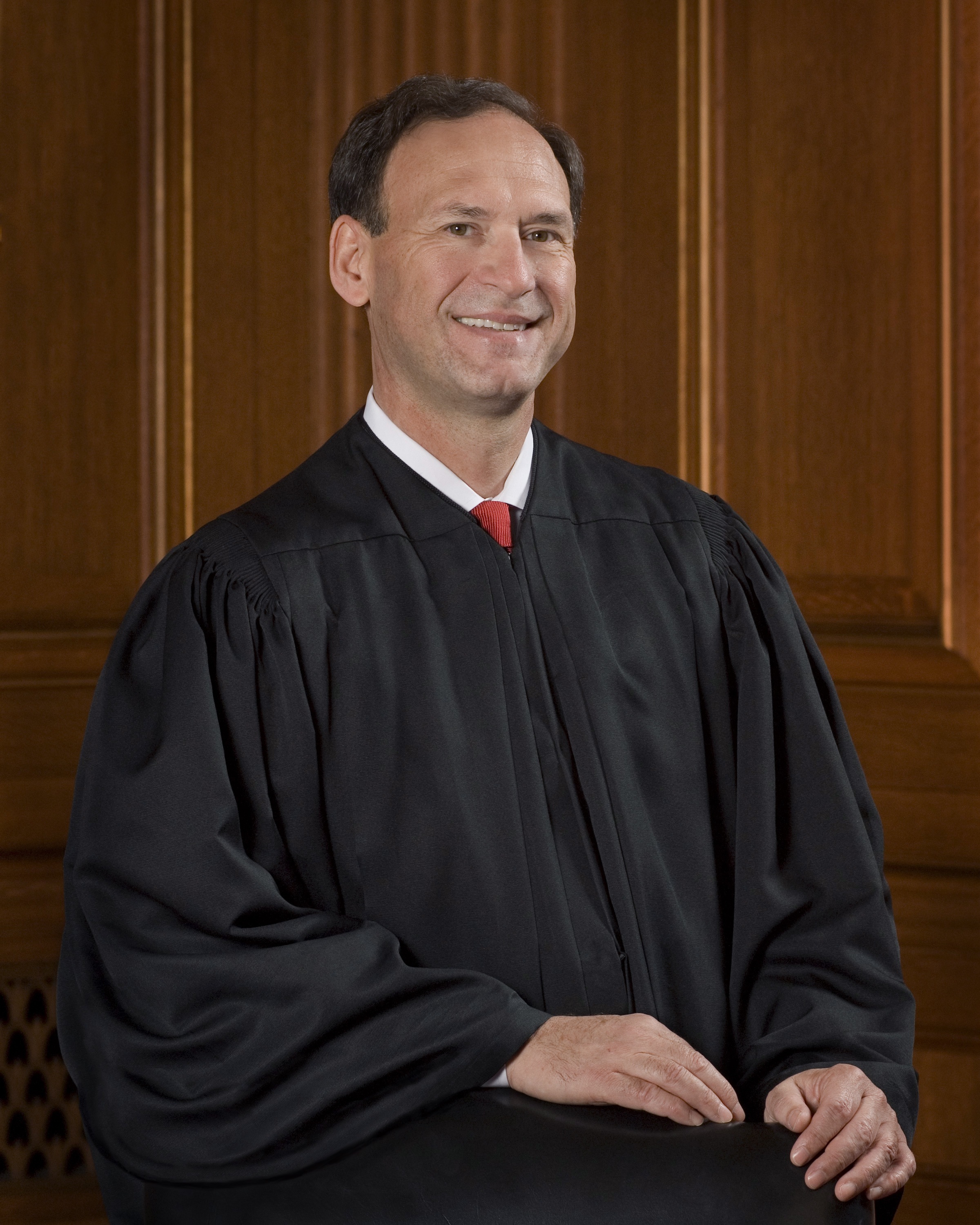
Holding his seat since 1991, Thomas has spent his time while serving in opposition of Roe v. Wade. After the court threw out the ruling, Justice Thomas stated, “Because any substantive due process decision is ‘demonstrably erroneous’ … we have a duty to
’correct the error’ established in those precedents.” Essentially, Thomas believes that the reasoning that overturned Roe v. Wade should be applied to other Supreme Court cases involving birth contraceptives and LGTBQ rights. He cited cases such as Griswold v. Connecticut, Lawarence v. Texas, and Obergefell v. Hobbes.
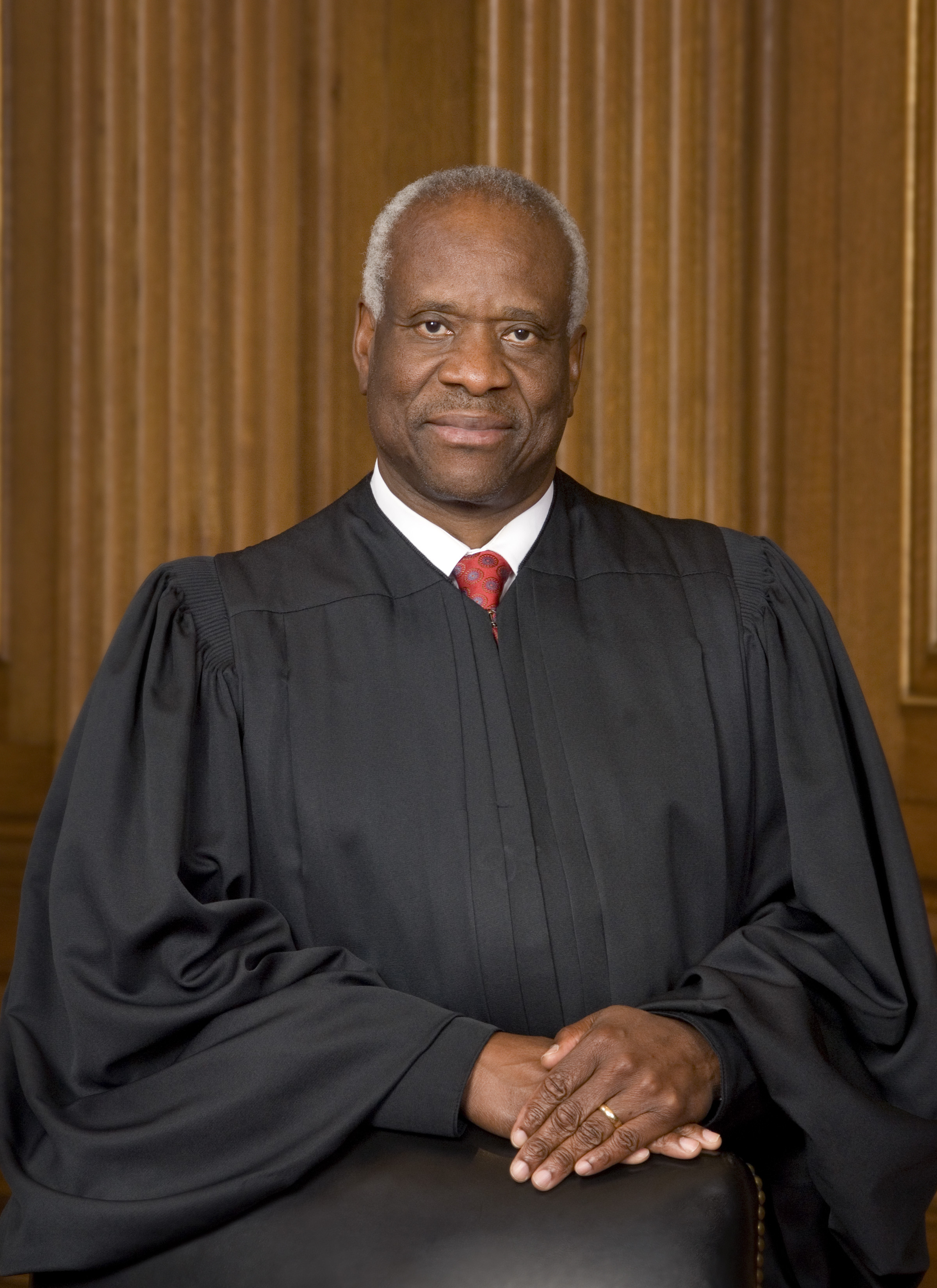
Brett Kavanaugh is by far one of the most controversial Supreme Court justices, with his nomination being overtaken by sexual assault allegations. While Kavanaugh is a known conservative, he has confided in Senator Susan Collins that he would not vote to overturn Roe v. Wade. In a meeting on August 21, 2018, Collins and Kavanaugh had a long meeting where the justice answered why he should be trusted to throw away the Roe v. Wade precedent, “Start with my record, my respect for precedent, my belief that it is rooted in the constitution, and my commitment and its importance to the rule of law. I understand precedent and I understand the importance of overturning it.”

Collins also involved Justice Neil Gorsuch in justices that went back on their word surrounding Roe v. Wade. She stated, “This decision is inconsistent with what Justices Gorsuch and Kavanaugh said in their testimony and their meetings with me, where they both were insistent on the importance of supporting longstanding precedents that the country has relied upon.” Gorsuch stated that Roe v. Wade is “law of the land,” but that quote did not hold up in the reexamination of Roe v. Wade.
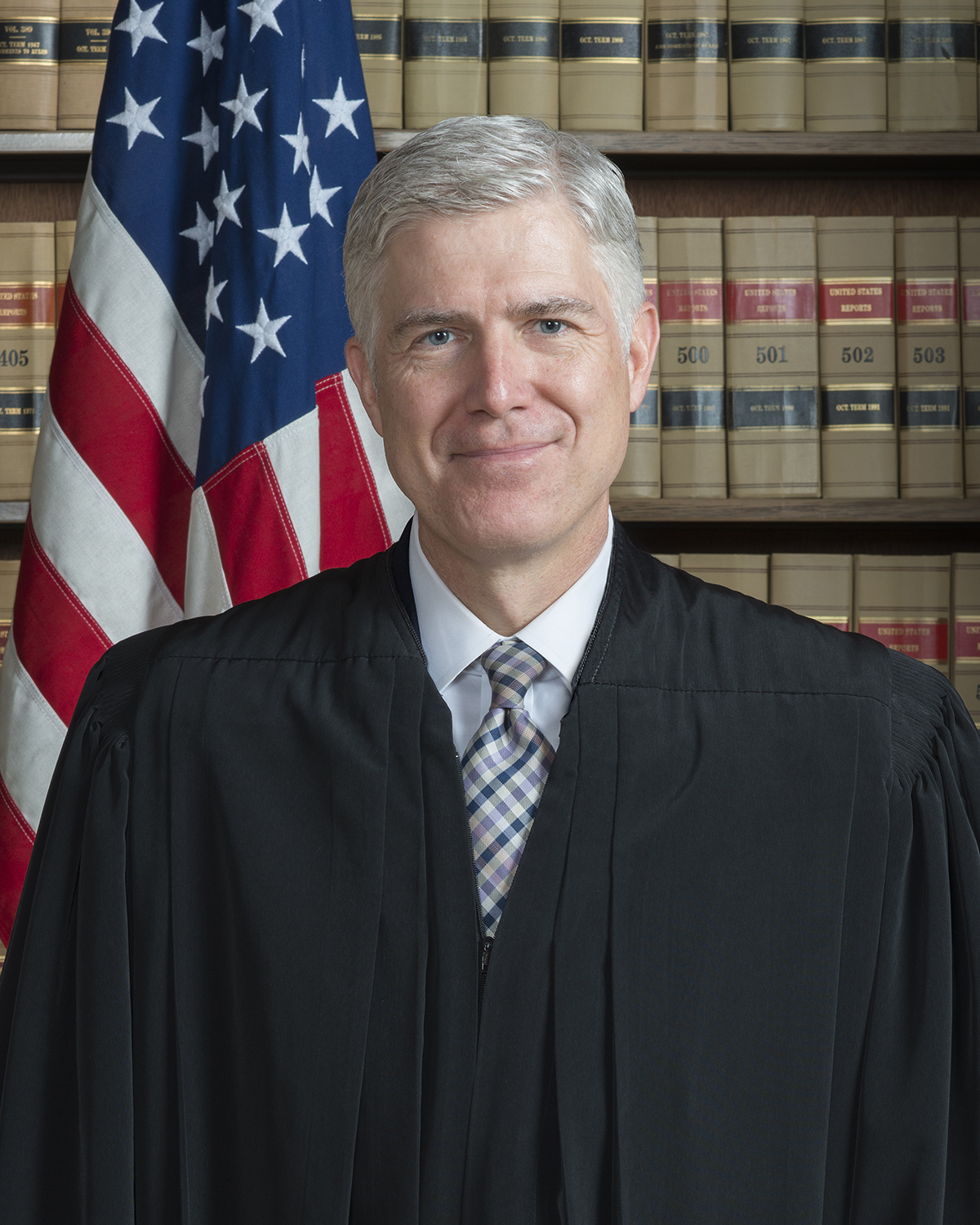
Barrett is one of the most recent Supreme Court justices, only being appointed in 2020. Amy Coney Barrett has been very open about her opposition to Roe v. Wade. In 2006, she signed her name on an ad that had the objective of “put[ting] an end to the barbaric legacy of Roe v. Wade.” The justice has also shown her lack of respect for abortion as a constitutional right throughout her time in the Supreme Court seat. At her 2020 hearing, she said, “Roe is not a super precedent because calls for its overruling have never ceased, but that does not mean that Roe should be overruled. It just means that it doesn’t fall on the small handful of cases like Marbury v. Madison and Brown v. The Board that no one questions anymore.”
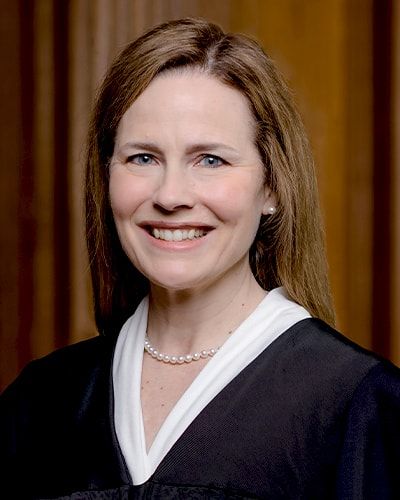
Learning how these justices felt about Roe v. Wade gave precedent to how the ruling was going to play out. However, the detrimental ruling still sent shockwaves across the country. Here we are, almost fifty years after the passing of Roe v. Wade and the constitutional right to abortion has been taken away from all American women.
Find out more on Us and Roe.
/https://static.texastribune.org/media/files/c81ffeda3a0deb013400b4079759c4aa/Linda%20Coffee%20ST%20TT%2031.jpg)
